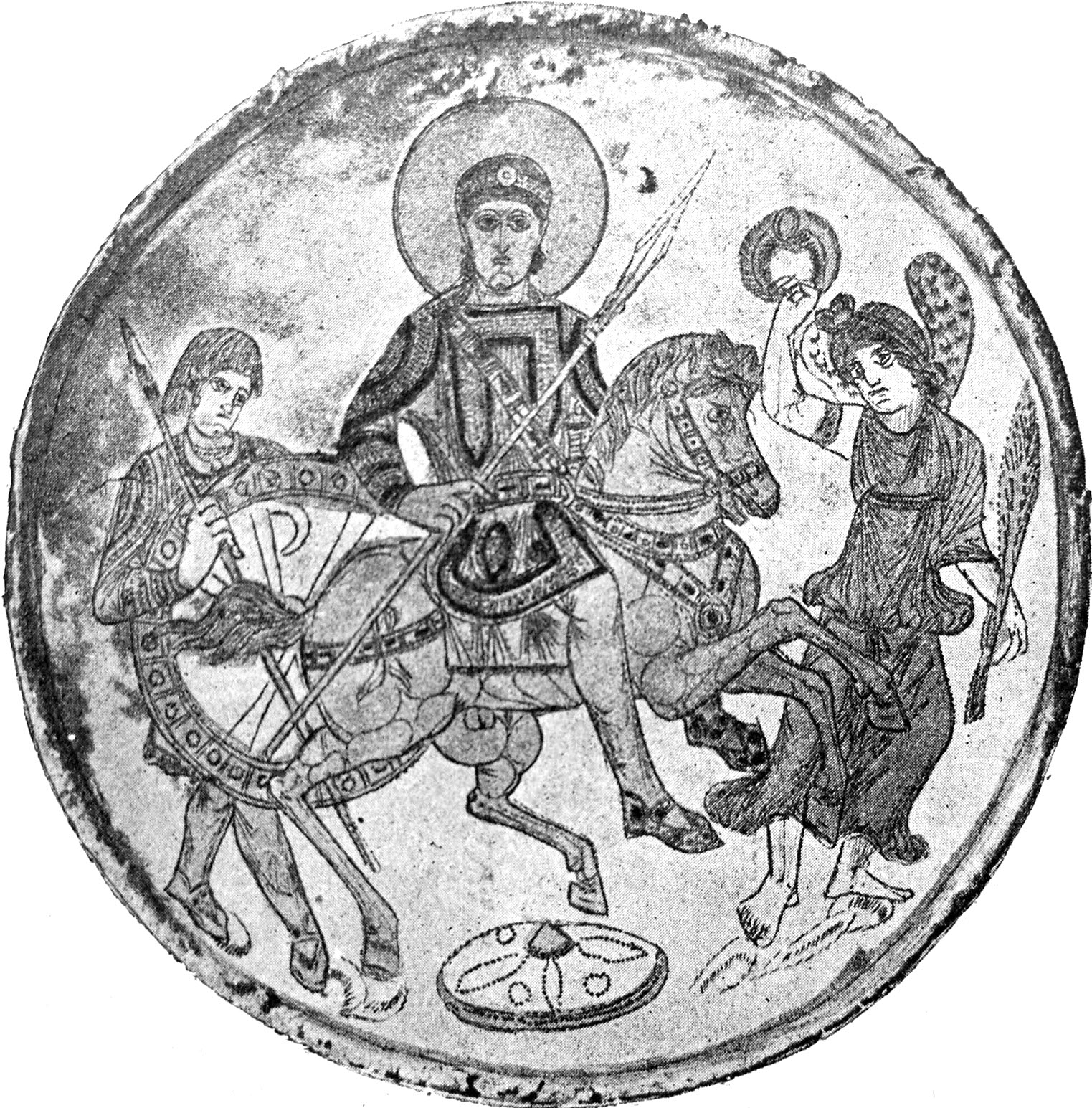The first train crash in NSW history resulting in double digit fatalities occurred on this day in 1894. In total 13 people were killed when a Goulburn bound train leaving Redfern station collided with an incoming local train from Strathfield at 9.30am. Among the dead was Edward Lloyd Jones, director of the David Jones department store, the world's oldest department store continously trading under it's original name.
The driver of the country train was charged with manslaughter for allegedly disobeying a stop signal. However, he maintained his innocence, claiming the signal had been set in his favour and was found not guilty by the jury. It was later determined that the accident occurred because of a number of factors including clocks being too fast, the signalman being unwell and a mistake occurring in the signaling.
Elsewhere in the world, Martin Luther pre-empted Facebook and used a church door to "post" his 95 theses on the "wall" (Wittenberg, 1517), Arthur Conan Doyle published "The Adventures of Sherlock Holmes" (1892), a world record heatwave of 160 consecutive days with daily maximum temperatures above 100F (37.8C) started in Marble Bar/Western Australia (1923), the Mount Rushmore Monument was finally completed after 14 years of construction (1941), Queen released "Bohemian Rhapsody" (1975), Indian Prime Minister Indira Gandhi was assassinated (1985), World Population hit 7 billion (2011).
Some famous birthdays of the day include the long time Leader of the Kuomintang and President of the Republic of China, Chiang Kai-Shek (Fenghua/Zhejiang, 1887), German-Australian photographer Helmut Newton (Berlin, 1920), "Miss Ellie" Barbara Bel Geddes (New York, 1922), as well as the Italian Olympic swimmer [Helsinki, 1952 and Melbourne, 1956] and actor Carlo Pedersoli, better known as Bud Spencer (Naples, 1929). Amongst the deaths of the day is also the famous Hungarian-born magician Erik Weisz, aka Harry Houdini (Detroit/Michigan, 1926), who died of peritonitis from a ruptured appendix.
 |
Redfern Railway Station, publ. by Kerry & Co., 1884-1906
|
The driver of the country train was charged with manslaughter for allegedly disobeying a stop signal. However, he maintained his innocence, claiming the signal had been set in his favour and was found not guilty by the jury. It was later determined that the accident occurred because of a number of factors including clocks being too fast, the signalman being unwell and a mistake occurring in the signaling.
Elsewhere in the world, Martin Luther pre-empted Facebook and used a church door to "post" his 95 theses on the "wall" (Wittenberg, 1517), Arthur Conan Doyle published "The Adventures of Sherlock Holmes" (1892), a world record heatwave of 160 consecutive days with daily maximum temperatures above 100F (37.8C) started in Marble Bar/Western Australia (1923), the Mount Rushmore Monument was finally completed after 14 years of construction (1941), Queen released "Bohemian Rhapsody" (1975), Indian Prime Minister Indira Gandhi was assassinated (1985), World Population hit 7 billion (2011).
Some famous birthdays of the day include the long time Leader of the Kuomintang and President of the Republic of China, Chiang Kai-Shek (Fenghua/Zhejiang, 1887), German-Australian photographer Helmut Newton (Berlin, 1920), "Miss Ellie" Barbara Bel Geddes (New York, 1922), as well as the Italian Olympic swimmer [Helsinki, 1952 and Melbourne, 1956] and actor Carlo Pedersoli, better known as Bud Spencer (Naples, 1929). Amongst the deaths of the day is also the famous Hungarian-born magician Erik Weisz, aka Harry Houdini (Detroit/Michigan, 1926), who died of peritonitis from a ruptured appendix.

.jpg)


